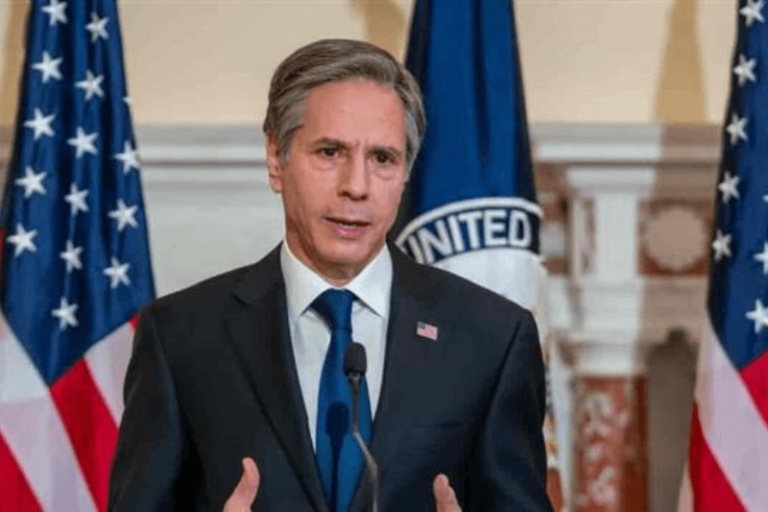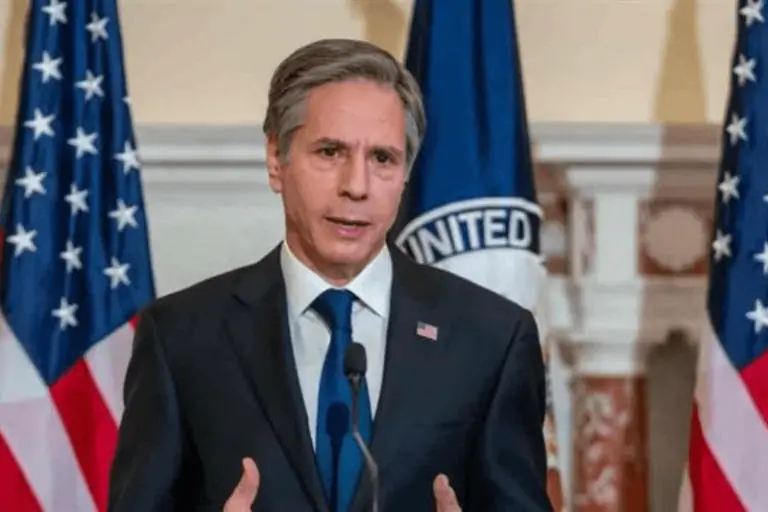

us imposes sanctions on former sudan foreign minister ali karti
The United States has imposed sanctions on former Sudan foreign minister Ali Karti, accusing him of obstructing efforts to end conflict in Sudan.
On Thursday, the Department of the Treasury of the United States placed sanctions on Ali Karti. The Department of the Treasury accused him of undermining efforts to establish stability in Sudan.
The Treasury said Ali Karti became the leader of the Sudanese Islamic Movement after former Sudanese President Omar al-Bashir was toppled in 2019.
The US said that Ali Karti undermined “the former civilian-led transitional government and the Framework Political Agreement process, which contributed to the outbreak of conflict between the Sudanese army (SAF) and the Rapid Support Forces (RSF) on April 15, 2023.”
The Islamic Movement in Sudan rejected the US sanctions against the Islamist leader, Ali Karti. The Islamic Movement issued a statement, saying, “Karti remains ready to do more for the stability of Sudan and the triumph of its armed forces.”
The US said that Ali Karti and Islamist leaders opposed efforts to restore civilian rule signed by political forces before the outbreak of the conflict between the two groups last April.
The US accused Ali Karti of leading an extremist movement and terrorist militias. The Treasury said, “His actions have obstructed efforts to reach a ceasefire to end the current conflict between the Sudanese Armed Forces and the Rapid Support Forces.”
Ali Karti was the Minister of Foreign Affairs of Sudan under the leadership of former President Omar al-Bashir. In recent months, he opposed Sudanese civilians’ efforts to restore peace and security in Sudan.
He is currently secretary general of the Islamic Movement in Sudan. Previously, he also led the paramilitary Popular Defence Forces in Sudan.
Antony John Blinken, United States Secretary of State, described Ali Karti’s movement “a hardline Islamist group that actively opposes Sudan’s democratic transition.”
The fighting between Sudan’s military and the Rapid Support Forces (RSF) paramilitary group has put Sudan at risk of collapse. The conflict also led to the killing of many people. Many civilians were also trapped in urban areas due to gunfire and explosions.
The fighting erupted between General Abdel Fattah Burhan, head of the armed forces of Sudan, and General Mohammed Hamdan Dagalo, the leader of a paramilitary group, the Rapid Support Forces (RSF).
Two mobile telecom leaders, MTN Group and Airtel Africa, joined forces to create a new digital infrastructure system throughout African…
South African President Cyril Ramaphosa defended his nation against claims of white discrimination made by tech magnate Elon Musk. After…
Hilton launched Signia by Hilton for its first appearance in Egypt and Africa through its hotel expansions. These hotels at…
UNICEF reported that, nearly 2900 people died of cholera across Eastern and Southern African countries while children suffer most greatly…
Enza, based in the United Arab Emirates, obtained $6.75 million in initial investment funding from Algebra Ventures and Quona Capital.…
US Secretary of State Marco Rubio ordered South African Ambassador Ebrahim Rasool to leave America by March 21 because he…
This website uses cookies.